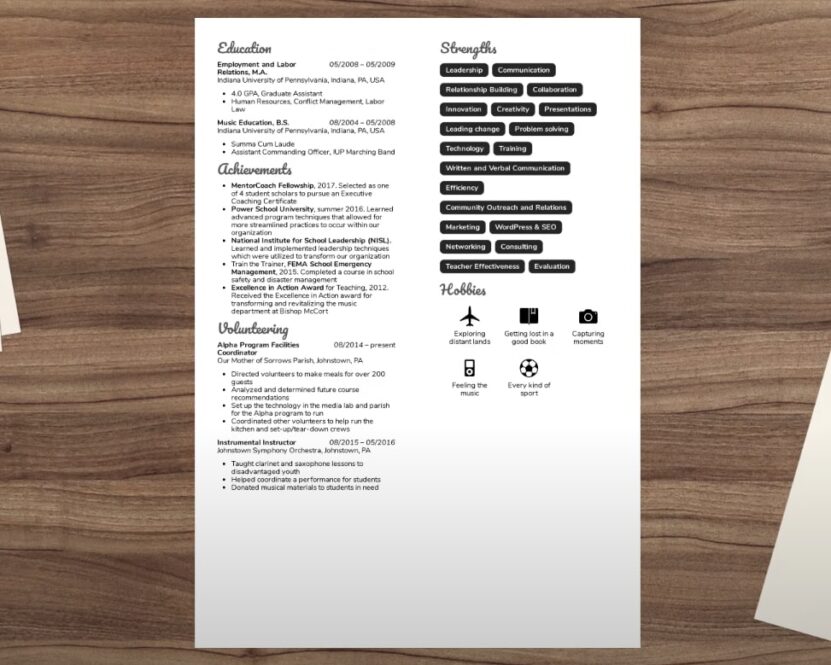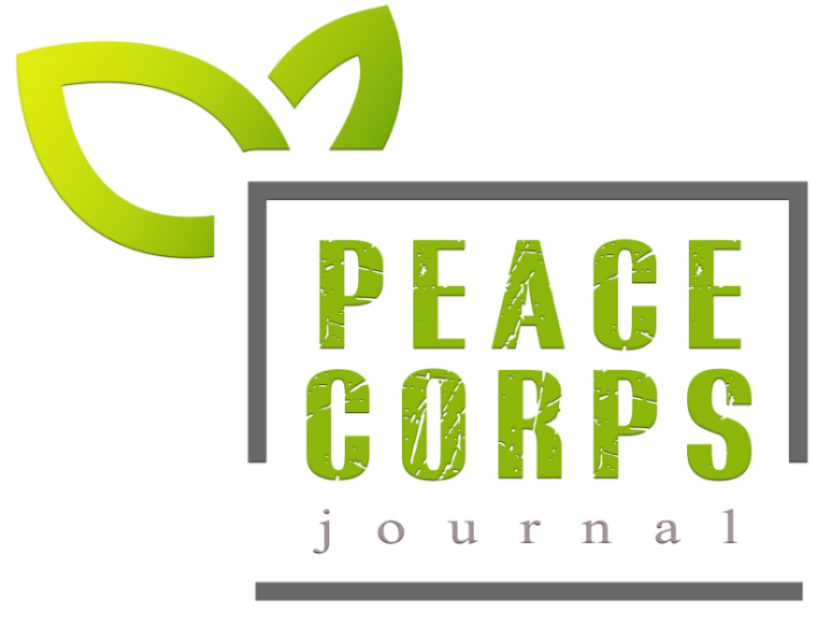Finding a job can feel like an uphill battle, especially when every listing seems to demand years of experience. For those starting their careers or returning after a break, the question often arises: does volunteering count as work experience?
If you have spent hours dedicating your time and skills to a cause you care about, it is natural to wonder how this effort fits into your professional journey.
I still remember a friend’s excitement when they landed an interview for their dream job, largely thanks to the volunteer work they listed on their resume. What seemed like a long shot turned into a real opportunity because they presented their unpaid efforts in a way that highlighted their dedication and skills. That moment proved that volunteering is not just a filler—it can be a game-changer.
This article explores whether volunteering truly counts as work experience, how to showcase it effectively, and why it might be the key to standing out in today’s competitive job market.
What Counts as Work Experience?

When building a resume, work experience typically refers to roles where you were hired to perform specific tasks and were compensated. However, modern recruiters recognize that skills and accomplishments do not have to come from paid roles alone.
- Relevance: Does the experience showcase skills that align with the job you are applying for?
- Responsibilities: Did you take on specific tasks or projects, manage people, or contribute to outcomes?
- Impact: Can you quantify achievements or demonstrate a meaningful contribution?
How Volunteering Bridges Experience Gaps?
Volunteering is more than an act of kindness—it is a practical way to gain experience, build skills, and grow your professional network.
Here are some examples:
- A marketing graduate worked with a local animal shelter to run their social media campaigns. They used the metrics from their volunteer work to secure their first job at a digital agency.
- A nursing student volunteered at a community clinic. The hands-on experience helped them secure an internship at a hospital.
Benefits of Volunteering for Career Growth
- Skill Building: Develop hard and soft skills, such as communication, leadership, and project management.
- Networking Opportunities: Build relationships with professionals who can act as references or offer future job opportunities.
- Resume Enhancement: Fill gaps and add depth to your work history, especially for recent graduates or those transitioning careers.
How to Present Volunteer Work on Your Resume?

Volunteering must be positioned strategically to be effective on a resume. The goal is to highlight its relevance and impact, not simply to list it as an afterthought.
Where to Place Volunteer Work
- Separate Section: Create a “Volunteer Experience” section if you already have professional roles listed.
- Integrated into Professional History: For limited work history, include it alongside paid roles but clearly label it as a volunteer position.
Tips for Listing Volunteer Work
- Use a clear job title (e.g., “Volunteer Social Media Manager” or “Event Organizer”).
- Highlight specific accomplishments with measurable outcomes.
- Example: “Developed a social media strategy that increased community engagement by 40% in six months.”
- Include transferable skills that align with the job you want.
Does Volunteering Always Count as Work Experience?

Not all volunteer work fits neatly into the category of work experience. The key lies in its relevance and depth.
When It Counts
- The role involved responsibilities similar to those in paid positions.
- You contributed to measurable outcomes, such as raising funds, increasing participation, or managing a team.
- The work relates to the field or industry of the job you are pursuing.
When It Might Not Count
- The role was informal or lacked defined responsibilities.
- The connection to the job you are applying for is unclear or weak.
- You cannot demonstrate specific accomplishments or skills.
Examples of Volunteer Work That Adds Value
1. Nonprofit Fundraising
- Coordinated a charity run that raised $50,000 for a local cause.
- Managed donor outreach campaigns, improving participation rates by 25%.
2. Community Engagement
- Organized a weekly community clean-up initiative.
- Facilitated workshops on financial literacy for underserved populations.
3. Technical Contributions
- Designed and maintained a website for a small nonprofit.
- Built a database to streamline volunteer scheduling, saving the organization time and resources.
Volunteering and Transferable Skills
Volunteer work often highlights transferable skills that employers value, such as teamwork, problem-solving, and adaptability.
Key Skills to Highlight
- Leadership: Managed teams of volunteers to execute projects.
- Communication: Delivered presentations, coordinated events, or liaised with stakeholders.
- Time Management: Balanced multiple responsibilities and met deadlines.
Does Volunteering Count Toward Required Experience?
Some job postings require specific years of experience. While volunteering is valuable, it does not always meet these strict criteria.
- Highlight Skills: Emphasize how your volunteer role prepared you for the job responsibilities.
- Seek Clarity: Contact the employer to ask if volunteer experience will be considered.
- Leverage Networking: Use connections within the organization to advocate for your candidacy.
How Volunteering Builds Credibility
Employers often view volunteering as a sign of initiative and a strong work ethic. It demonstrates that you are willing to invest time and effort in meaningful activities, even without monetary compensation.
Examples of Volunteer Impact

- Volunteering as a mentor for underserved youth demonstrates leadership and empathy.
- Assisting with event planning for a community organization shows project management skills.
How to Start Volunteering for Career Growth
If you have no volunteer experience yet, now is the perfect time to start.
Steps to Find the Right Opportunity
- Identify causes you care about or industries relevant to your career.
- Research local organizations or online platforms like VolunteerMatch.
- Commit to roles that challenge you and help develop new skills.
Final Thoughts
Volunteering can be a powerful tool in your career journey. It fills gaps, builds skills, and shows employers that you are proactive and resourceful. While it may not always count as formal work experience, the impact it has on your resume and your personal growth is undeniable.
